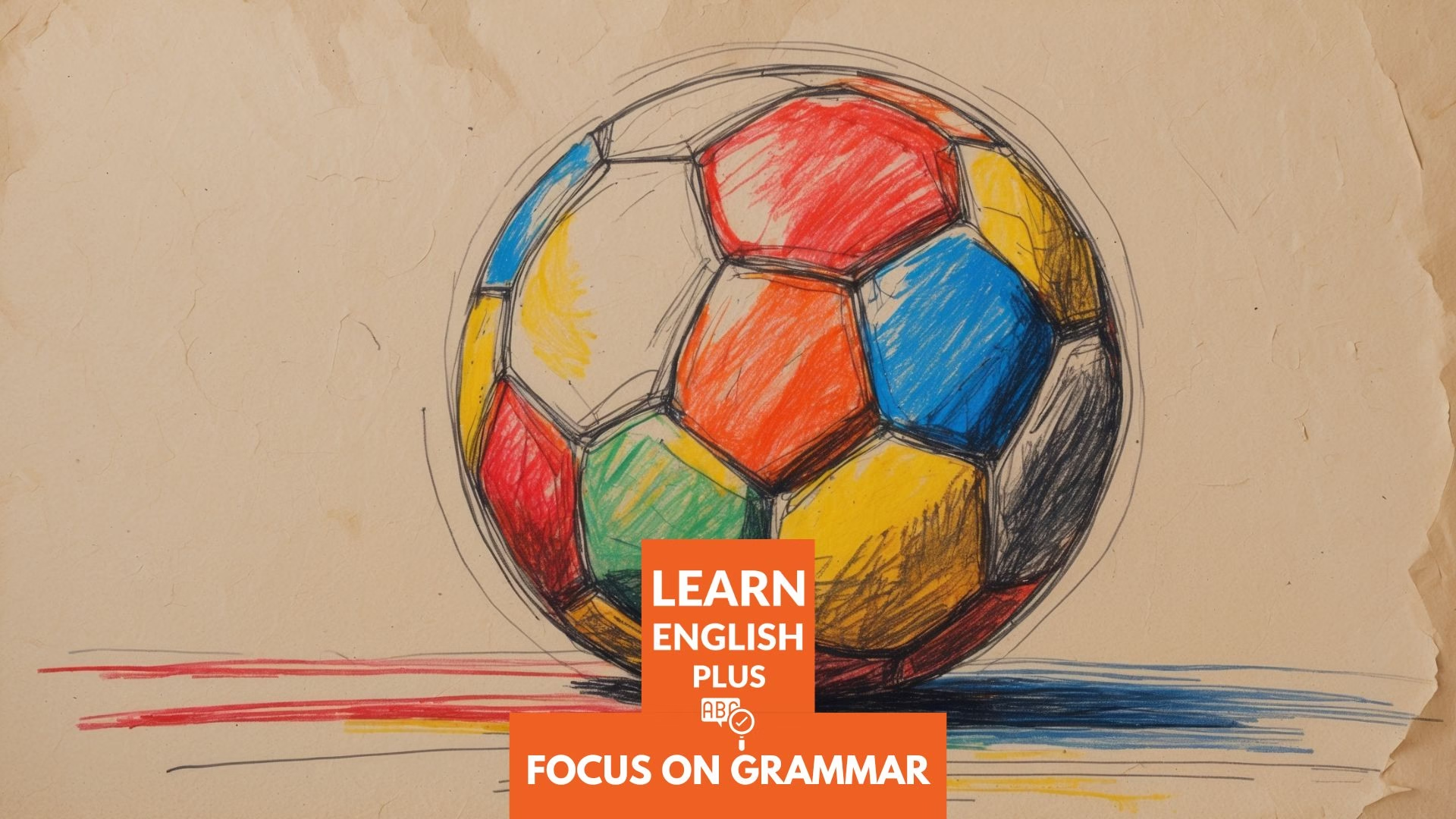- Introduction
- Quick Overview
- Understanding Noun Phrases: From Elementary to Advanced
- Elementary Level: Basic Noun Phrases (Determiner + Noun
- Pre-intermediate Level: Adding Adjectives (Determiner + Adjective + Noun
- Intermediate Level: Multiple Adjectives (Determiner + Adjective + Adjective + Noun
- Upper-intermediate Level: Adding Modifiers After the Noun (Prepositional Phrases
- Upper-intermediate Level: Adding Modifiers After the Noun (Participial Phrases
- Advanced Level: Adding Modifiers After the Noun (Relative Clauses
- Advanced Level: Gerund Phrases and Infinitive Phrases as Modifiers
- Outro
Introduction
Hello, grammar enthusiasts! Have you ever noticed how we can add so much detail around a simple noun? That’s the magic of noun phrases! Understanding noun phrases is key to building richer, more descriptive sentences in English, which is super helpful for everything from writing essays to having detailed conversations. Instead of just saying “dog,” we can say “a big, fluffy dog” or “the dog with the wagging tail.” Let’s explore how these phrases are put together and why they’re so useful!
Quick Overview
At its heart, a noun phrase is a group of words that functions as a noun in a sentence. The main part of the phrase is, of course, a noun (or a pronoun), and it can be accompanied by other words that give us more information about it. These “helpers” can come before or after the noun. Let’s test your knowledge of how these phrases are structured!
Understanding Noun Phrases: From Elementary to Advanced
Let’s break down the structure of noun phrases in English, starting with the basics and gradually moving to more complex elements.
Elementary Level: Basic Noun Phrases (Determiner + Noun
At the simplest level, a noun phrase consists of a determiner (like “a,” “the,” “my,” “his,” etc.) followed by a noun:
- a book
- the table
- my friend
- his car
The determiner helps to specify which noun we’re talking about.
Pre-intermediate Level: Adding Adjectives (Determiner + Adjective + Noun
We can add adjectives to make our noun phrases more descriptive:
- a big book
- the round table
- my best friend
- his new car
Adjectives come before the noun and provide more information about its qualities.
Intermediate Level: Multiple Adjectives (Determiner + Adjective + Adjective + Noun
You can even use multiple adjectives in a noun phrase. There’s often a general order for these adjectives (opinion, size, age, shape, color, origin, material, purpose), although it’s not always strict:
- a beautiful, big book
- the old, round table
- my funny, best friend
- his shiny, new, red car
Upper-intermediate Level: Adding Modifiers After the Noun (Prepositional Phrases
Noun phrases can also include words or phrases that come after the noun to give more detail. Prepositional phrases (starting with words like “of,” “in,” “on,” “about,” “with,” etc.) are common:
- the book on the table
- a friend of mine
- the car with the flat tire
- the importance of learning grammar
Upper-intermediate Level: Adding Modifiers After the Noun (Participial Phrases
Participial phrases (using the -ing or -ed form of a verb as an adjective) can also modify nouns:
- the student studying diligently
- the car parked outside
- a letter written yesterday
Advanced Level: Adding Modifiers After the Noun (Relative Clauses
Relative clauses (starting with words like “who,” “which,” “that,” “whose,” “whom”) provide essential or extra information about the noun:
- the city that never sleeps
- the person who helped me
- the book which I borrowed
Advanced Level: Appositives (Noun Phrase Renaming Another
An appositive is a noun phrase that renames or provides more information about another noun phrase, usually set off by commas:
- The man, a famous actor, signed autographs.
- My hometown, a small village, is very peaceful.
Advanced Level: Gerund Phrases and Infinitive Phrases as Modifiers
Sometimes, gerund phrases (-ing verb acting as a noun) or infinitive phrases (to + verb) can function within a noun phrase:
- Her favorite hobby, painting landscapes, is very relaxing. (Gerund phrase as appositive
- The best way to learn English is through practice. (Infinitive phrase as a complement
Outro
Understanding noun phrases is like having a secret code to building amazing sentences! By knowing how to put determiners, adjectives, and different types of modifiers together, you can express yourself with much more clarity and detail in your writing and speaking. So go ahead, experiment with these structures, and watch your English skills soar! You’ll start noticing these complex noun phrases everywhere you read and hear English, and you’ll feel much more confident in using them yourself. Keep exploring and building those fantastic sentences!










0 Comments